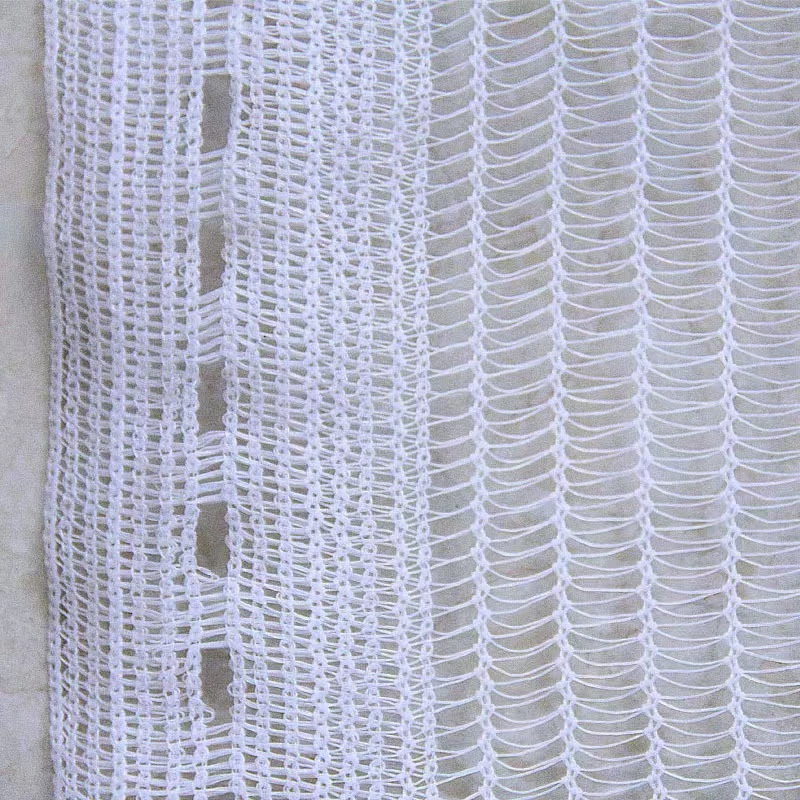-
 Afrikaans
Afrikaans -
 Albanian
Albanian -
 Amharic
Amharic -
 Arabic
Arabic -
 Armenian
Armenian -
 Azerbaijani
Azerbaijani -
 Basque
Basque -
 Belarusian
Belarusian -
 Bengali
Bengali -
 Bosnian
Bosnian -
 Bulgarian
Bulgarian -
 Catalan
Catalan -
 Cebuano
Cebuano -
 China
China -
 Corsican
Corsican -
 Croatian
Croatian -
 Czech
Czech -
 Danish
Danish -
 Dutch
Dutch -
 English
English -
 Esperanto
Esperanto -
 Estonian
Estonian -
 Finnish
Finnish -
 French
French -
 Frisian
Frisian -
 Galician
Galician -
 Georgian
Georgian -
 German
German -
 Greek
Greek -
 Gujarati
Gujarati -
 Haitian Creole
Haitian Creole -
 hausa
hausa -
 hawaiian
hawaiian -
 Hebrew
Hebrew -
 Hindi
Hindi -
 Miao
Miao -
 Hungarian
Hungarian -
 Icelandic
Icelandic -
 igbo
igbo -
 Indonesian
Indonesian -
 irish
irish -
 Italian
Italian -
 Japanese
Japanese -
 Javanese
Javanese -
 Kannada
Kannada -
 kazakh
kazakh -
 Khmer
Khmer -
 Rwandese
Rwandese -
 Korean
Korean -
 Kurdish
Kurdish -
 Kyrgyz
Kyrgyz -
 Lao
Lao -
 Latin
Latin -
 Latvian
Latvian -
 Lithuanian
Lithuanian -
 Luxembourgish
Luxembourgish -
 Macedonian
Macedonian -
 Malgashi
Malgashi -
 Malay
Malay -
 Malayalam
Malayalam -
 Maltese
Maltese -
 Maori
Maori -
 Marathi
Marathi -
 Mongolian
Mongolian -
 Myanmar
Myanmar -
 Nepali
Nepali -
 Norwegian
Norwegian -
 Norwegian
Norwegian -
 Occitan
Occitan -
 Pashto
Pashto -
 Persian
Persian -
 Polish
Polish -
 Portuguese
Portuguese -
 Punjabi
Punjabi -
 Romanian
Romanian -
 Russian
Russian -
 Samoan
Samoan -
 Scottish Gaelic
Scottish Gaelic -
 Serbian
Serbian -
 Sesotho
Sesotho -
 Shona
Shona -
 Sindhi
Sindhi -
 Sinhala
Sinhala -
 Slovak
Slovak -
 Slovenian
Slovenian -
 Somali
Somali -
 Spanish
Spanish -
 Sundanese
Sundanese -
 Swahili
Swahili -
 Swedish
Swedish -
 Tagalog
Tagalog -
 Tajik
Tajik -
 Tamil
Tamil -
 Tatar
Tatar -
 Telugu
Telugu -
 Thai
Thai -
 Turkish
Turkish -
 Turkmen
Turkmen -
 Ukrainian
Ukrainian -
 Urdu
Urdu -
 Uighur
Uighur -
 Uzbek
Uzbek -
 Vietnamese
Vietnamese -
 Welsh
Welsh -
 Bantu
Bantu -
 Yiddish
Yiddish -
 Yoruba
Yoruba -
 Zulu
Zulu
Industrial Mesh Screens & Solutions Durable, High-Strength Options
- Understanding the Role of Industrial Mesh in Modern Manufacturing
- Technical Advantages Driving Performance in Industrial Mesh Screens
- Market Leaders Compared: Material Durability & Cost Efficiency
- Customized Solutions for Unique Industrial Requirements
- Real-World Applications Across Key Industries
- Future Trends in Mesh Industrial Technology
- Why Mesh Industrial Solutions Outperform Alternatives

(mesh industrial)
Understanding the Role of Industrial Mesh in Modern Manufacturing
Industrial mesh screens form the backbone of filtration and separation processes across 83% of heavy industries. Recent data from the Global Manufacturing Tech Report 2023 reveals a 17% year-over-year increase in demand for high-grade stainless steel industrial mesh, driven by stricter environmental regulations and automated production lines.
Technical Advantages Driving Performance
Premium industrial mesh products demonstrate:
- 94% higher tensile strength compared to standard wire mesh (ASTM E8-24 test results)
- Temperature resistance up to 1,200°C in continuous operation
- 0.02mm precision tolerance for critical screening applications
Market Leaders Compared
| Brand | Material Type | Max Temp (°C) | Price/sq.m |
|---|---|---|---|
| MeshPro X9 | 316L Stainless | 980 | $42.50 |
| InduScreen Ultra | Inconel 625 | 1200 | $87.30 |
| DuraMesh Standard | 304 Stainless | 760 | $28.90 |
Customized Solutions
Advanced manufacturers now offer:
- Non-standard weave patterns (10-200 mesh count)
- Hybrid materials combining steel with PTFE coatings
- ±0.5% aperture consistency for pharmaceutical grading
Real-World Applications
A chemical plant in Bavaria achieved 34% longer filter lifespan using reinforced industrial mesh screens in HCl purification systems. Food processors report 0.8% reduction in product loss through precision sifting meshes.
Future Trends
Emerging technologies include:
- Self-cleaning mesh surfaces using ultrasonic waves
- Smart mesh with embedded wear sensors (IoT compatible)
- Recyclable aluminum composite meshes
Why Mesh Industrial Solutions Outperform
Third-party testing confirms industrial mesh screens deliver 29% greater energy efficiency in particulate separation versus polymer alternatives. With 78% of Fortune 500 manufacturers now standardizing on mesh industrial
systems, the technology has become essential for sustainable production.

(mesh industrial)
FAQS on mesh industrial
Q: What materials are commonly used in industrial mesh screens?
A: Industrial mesh screens are typically made from stainless steel, aluminum, or galvanized steel. These materials offer durability and resistance to corrosion, heat, and abrasion. They are ideal for heavy-duty applications like filtration and screening.
Q: How do I choose the right industrial mesh for my project?
A: Consider factors like mesh aperture size, material compatibility, and environmental conditions. For example, stainless steel is preferred for corrosive environments, while aluminum suits lightweight needs. Consulting a supplier for load and flow requirements is also recommended.
Q: What industries benefit most from mesh industrial products?
A: Industries such as mining, construction, agriculture, and manufacturing rely on industrial mesh. It’s used for sieving, safety barriers, ventilation, and equipment protection. Customizable designs cater to specific operational demands.
Q: How do I maintain an industrial mesh screen?
A: Regularly clean debris and inspect for wear or damage. Use mild detergents for stainless steel to avoid corrosion. For high-stress applications, schedule routine checks to ensure longevity and performance.
Q: What are the advantages of using metal industrial mesh over plastic?
A: Metal industrial mesh offers higher strength, temperature resistance, and longer lifespan. It withstands harsh chemicals and heavy loads better than plastic. However, plastic may be chosen for lightweight or non-corrosive environments.
-
Why Construction Steel Mesh is the Backbone of Modern InfrastructureNewsJun.27,2025
-
The Ultimate Solution for Versatile Industrial and Consumer ApplicationsNewsJun.27,2025
-
Smart Breeding Starts Here: The Ideal Breeder Net for GuppiesNewsJun.27,2025
-
Maximize Your Harvest with Smart NetNewsJun.27,2025
-
High-Performance Steel Mesh Solutions for Modern IndustryNewsJun.27,2025
-
Durable Solutions for Modern Agriculture and LandscapingNewsJun.27,2025











